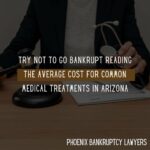
While there are some behaviors that make medical problems more likely, no one can plan to break a bone, tear an important muscle, develop an illness, etc. Health insurance only goes so far, and out-of-pocket expenses can be overwhelming, even for patients with health insurance coverage. A medical patient could also be accruing debt from other sources during their treatment, especially if they can’t work while recovering. It’s no wonder that medical debt is the leading cause of bankruptcy in our country. But bankruptcy can help an individual or family struggling with medical debt to clear their burdens, as well as other debts that may be holding them back in life. Our dedicated bankruptcy lawyers offer free consultations by phone and flexible payment plan options starting at Zero Dollars Down. Get started today by calling 602-509-0955.
Some Of Arizona’s Most Common Medical Expenses
- Dental care: If you have dental insurance coverage, it is probably a nearly unnoticeable amount deducted from your paychecks. But actually going to the dentist and following through on recommended treatments can become a more expensive process. A basic cleaning and checkup costs Arizona residents, on average, $150. A patient may be required to attend these appointments more than every 6 months if they experience a more serious dental issue, which will also be more expensive to fix. A molar root canal costs about $1,222, and a complete upper denture will put the patient back around $1,833.
- Appendix removal: Most people don’t know what an appendix does, but some people eventually must have theirs removed. Failure to remove it once the surgery becomes necessary can result in more serious health issues. The average price to have one’s appendix removed in Arizona is $8,112.
- Tonsil and adenoid removal: A tonsil removal is another surgery that some people will eventually need and some people won’t. The cost of tonsil and adenoid removal varies by state and whether the patient has the procedure performed in a hospital or a surgery center. In Arizona, a tonsil removal at a surgery center costs about $3,853. The estimated cost for a tonsil removal in a hospital in Arizona is $7,108.
- Hammertoe correction: When someone has a hammertoe, the middle joint of their toe bends upwards rather than lying flat. This condition can be unsightly can result in discomfort and difficulty walking. A podiatrist can operate on the toe to improve the patient’s quality of life. The average price for a hammertoe correction surgery in Arizona is $10,012.
- Sleep study: Sleeping for about 8 hours per night isn’t just about getting beauty rest. Sleep is essential to human function, and a lack of it can make a person more vulnerable to other illnesses and injuries. If someone is having trouble sleeping, they can request a sleep study to observe if they have a condition such as sleep apnea. In Arizona, a sleep study costs around $853 to $1,352.
- Cochlear implant: A cochlear implant is a device that can help someone with deafness with sound perception. The ability to hear can cost a patient dearly, as the average price for this surgery in Arizona is $72,654.
- Colonoscopy. A colonoscopy is one of the most dreaded medical appointments. In Arizona, the average price for this procedure is $1,605. However, this price doesn’t include anesthesia, which can make the experience less unpleasant.
- Physical therapy: Physical therapy can be used to treat certain injuries as a less invasive alternative to surgery. It can also be a precursor to surgery, or a part of the patient’s recovery plan. The average price for a physical therapy visit in Arizona is $112, which is a deal compared to the national average of $162. However, a patient may be required to attend physical therapy appointments for several weeks or months, increasing the total cost of treatment.
- Hip replacement: Some people’s joints will eventually need replacement through surgical intervention. Joint replacements are complex surgeries that can cost far more than other medical treatments. The average price for a hip replacement surgery in the Phoenix area is $23,223.
- Septoplasty: Septoplasty is a surgery to treat a deviated septum. Because it is focused on straightening the inner passageways to improve breathing rather than the nose’s shape to improve appearance, this is not considered plastic surgery- although there are cosmetic ENTs who can perform both procedures during the same surgery. The average price for a standard septoplasty in Arizona is $9,165, and the cost for a cosmetic ENT is higher.
- Bariatric surgery: Obesity can damage a person’s overall health, but diet and exercise isn’t always enough to ward off this medical condition. Semaglutide injections are increasing in popularity as a way to curb cravings and help patients lose weight. For cases needing serious intervention, bariatric surgery can help, but costs, on average in Arizona, $37,008. The price varies depending on which type of surgery the patient receives, such as a gastric bypass, lap band, gastric sleeve, etc.
- Defibrillator: A defibrillator is a device that is implanted to help patients treat cardiac arrhythmias. It delivers electric waves to the heart, which can alleviate ventricular fibrillation and non-perfusing ventricular tachycardia. The price of this surgery might make your heart skip a beat, as the average cost in Arizona is $103,936.
How Bankruptcy Can Help If You’re Drowning In Medical Debt
Medical debt can be a multi-layered issue if the condition is serious or the patient is their household’s breadwinner. Many medical treatments require that the patient rest and take time away from work during recovery. That could mean they are using credit cards, personal loans, and other lines of credit to keep the lights on until they can return to work. These creditors will be less restricted than medical creditors when pursuing the debtor for repayment. The medical patient could also fall behind on monthly payments for secured loans and run the risk of repossession in arizona. Some creditors will be more lenient with others when the debtor is dealing with uncontrollable life circumstances like a medical issue. But others might not be so forgiving- when this is the case, bankruptcy may be able to help.
If you’re an individual considering bankruptcy, your needs would likely be served best by either chapter 7 or chapter 13. Debtors who file for chapter 7 bankruptcy can wipe out medical debts in one fell swoop. These cases generally only last about 3 to 6 months from filing to discharge. But the debtor must prove eligibility on multiple factors, and any assets they own that aren’t protected by state bankruptcy exemptions could be seized and sold to pay debts. In chapter 13 bankruptcy, the debtor pays off debts over the course of 3 or 5 years. Medical debts are the last category of debts paid in chapter 13 payment plans, and can be cleared if the debtor pays off their mandatory debts and has otherwise completed the plan. Want to see if you qualify, and learn more about how Arizona bankruptcy applies to your unique situation? Our experienced attorneys offer skillful representation with affordable and flexible payment plan options. Schedule your free consultation today at 602-509-0955.
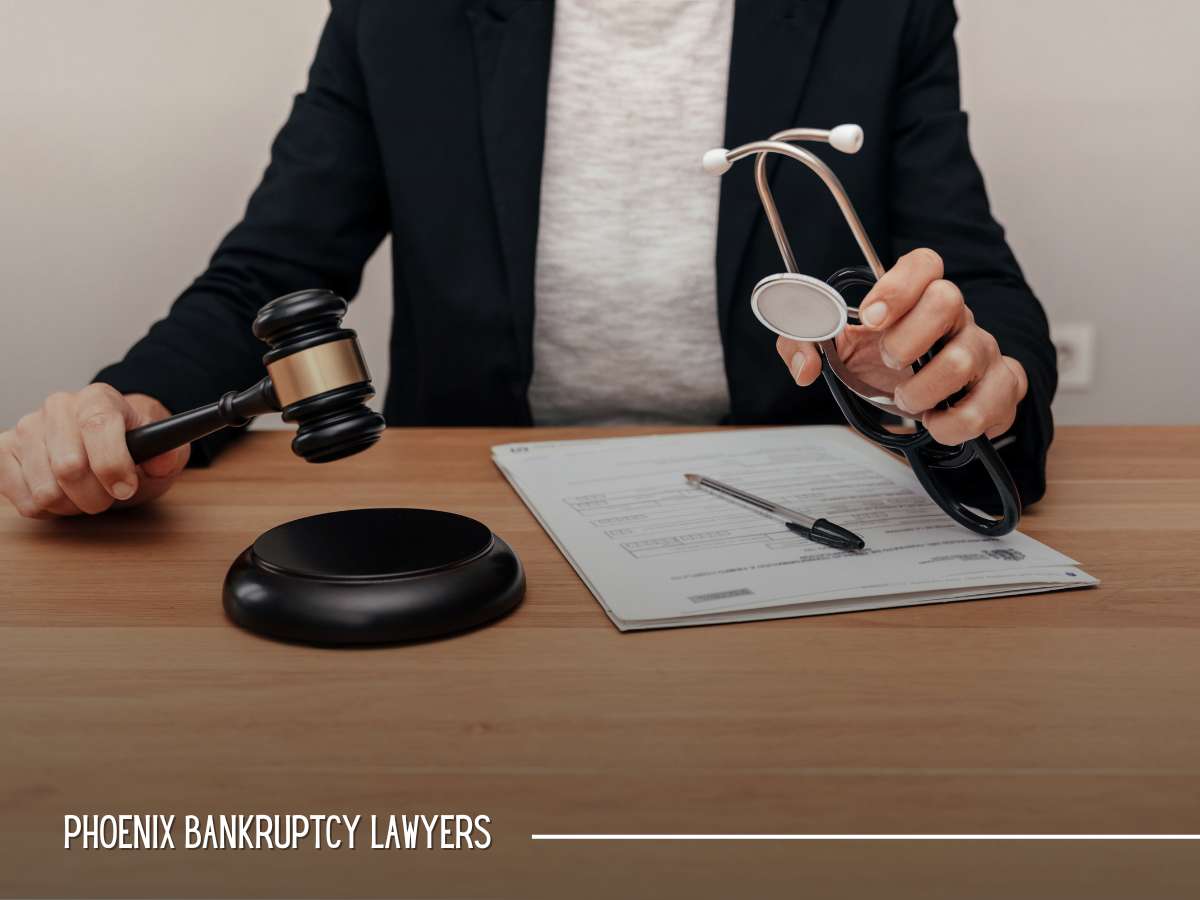

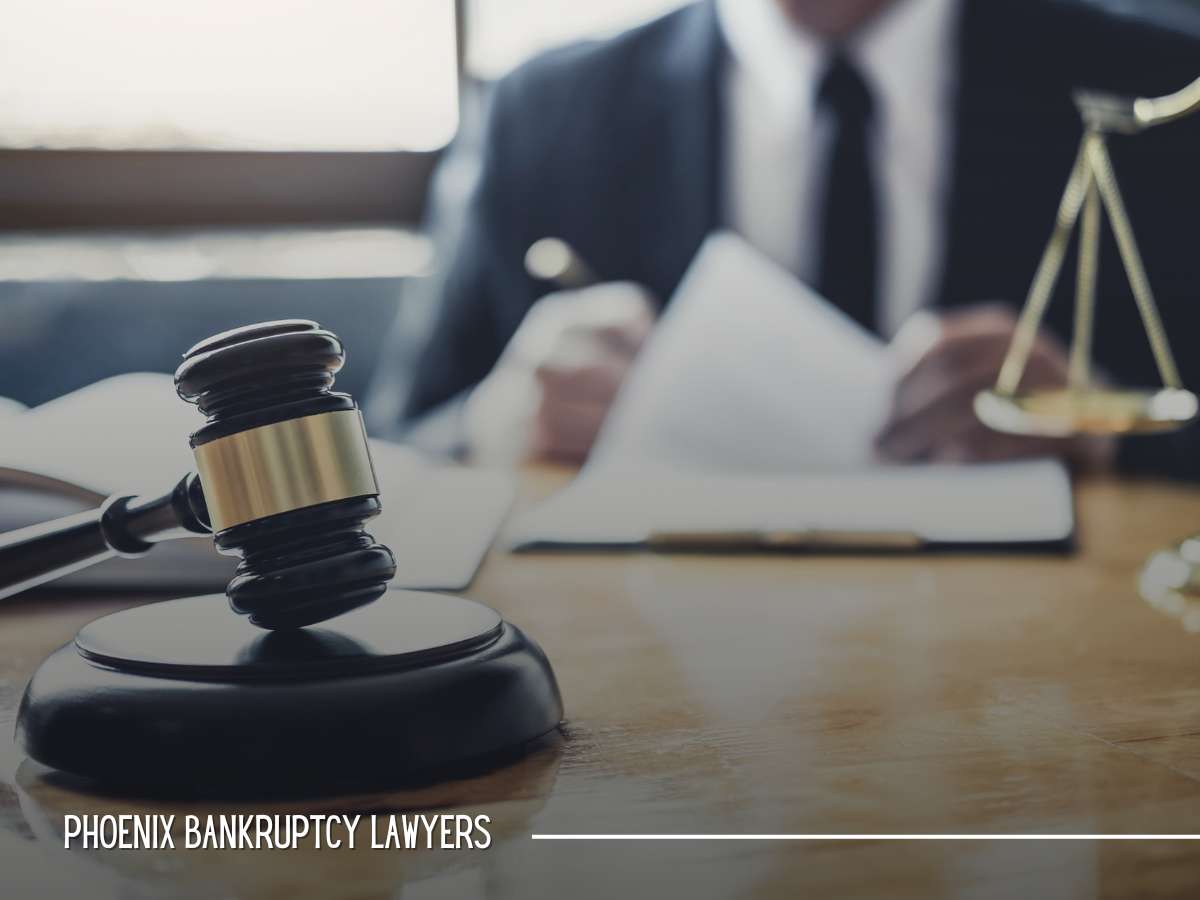 What to Avoid Posting on Social Media During Bankruptcy
What to Avoid Posting on Social Media During Bankruptcy
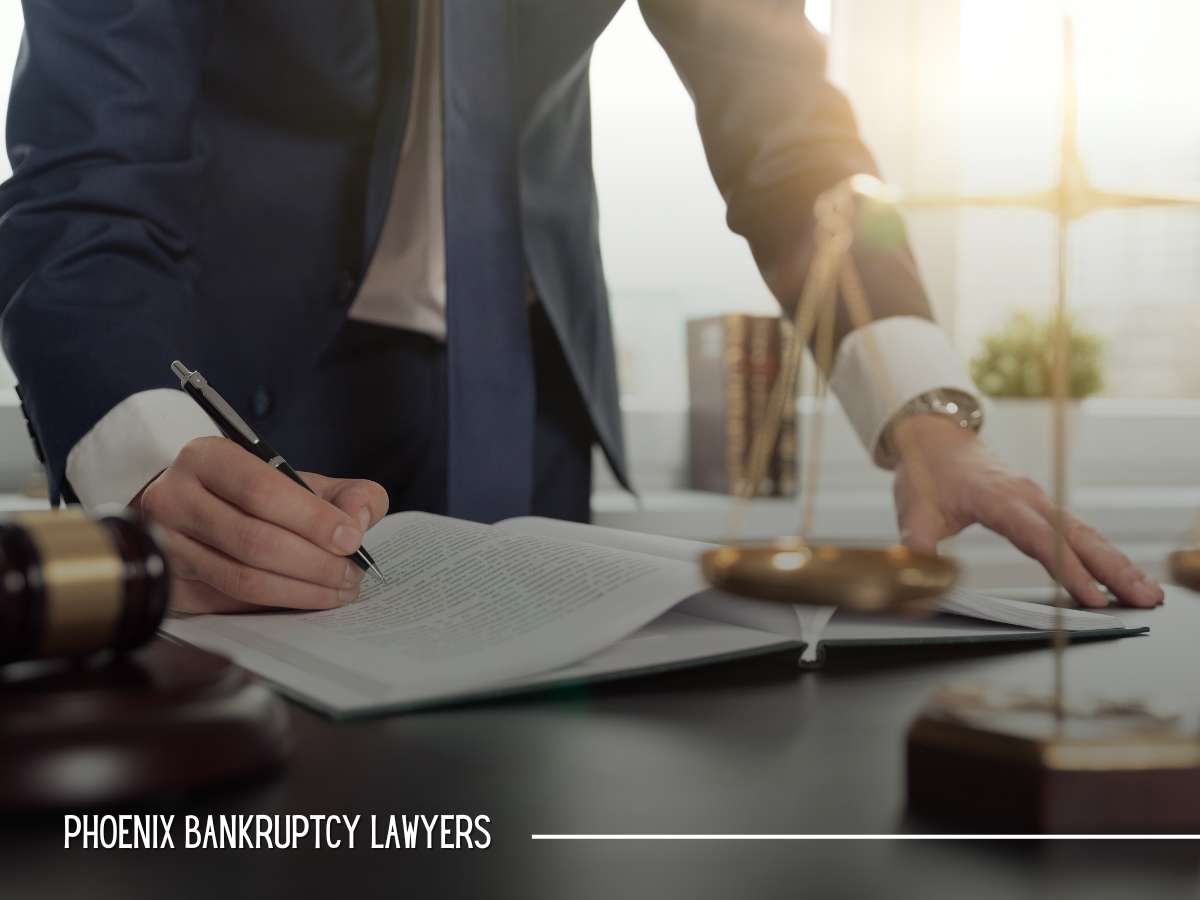 Rue 21’s Chapter 11 Bankruptcy Case
Rue 21’s Chapter 11 Bankruptcy Case
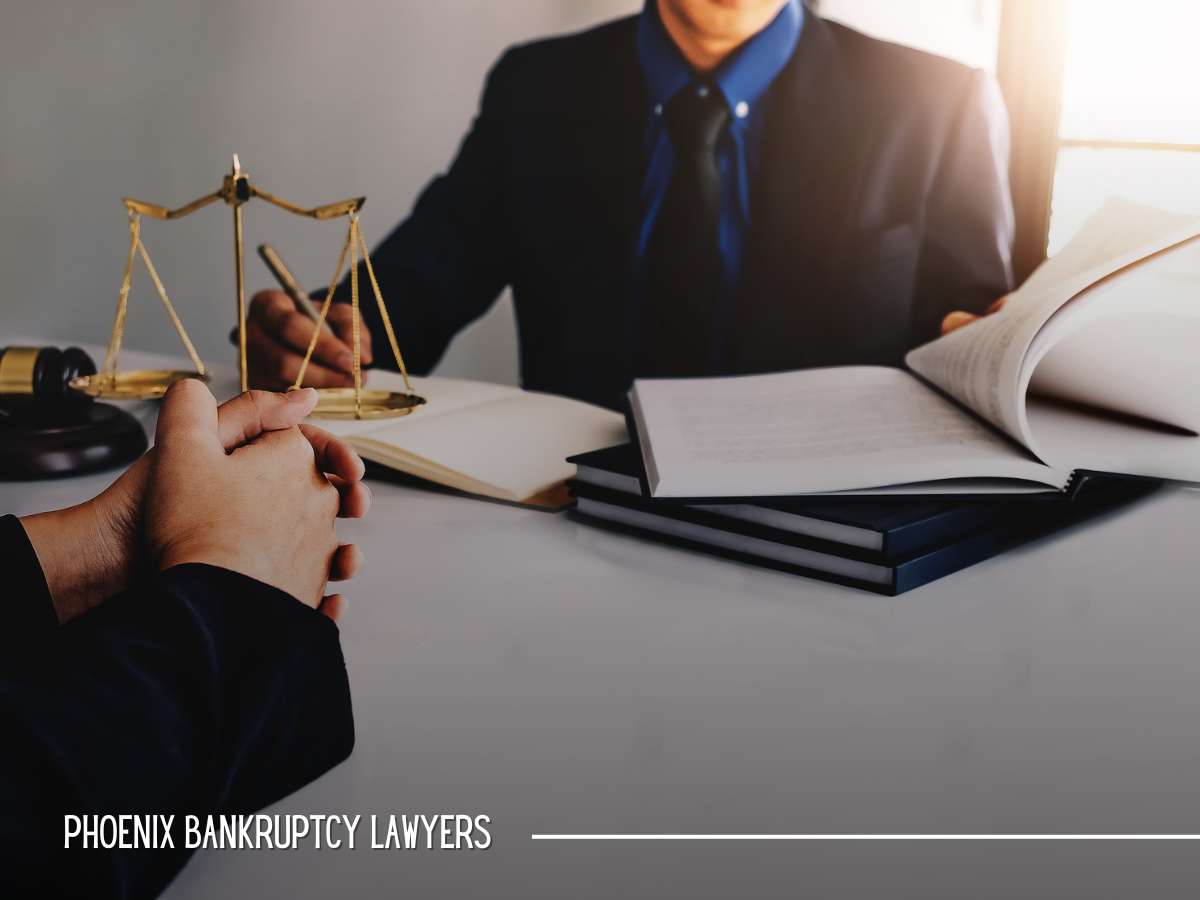
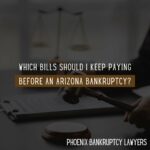
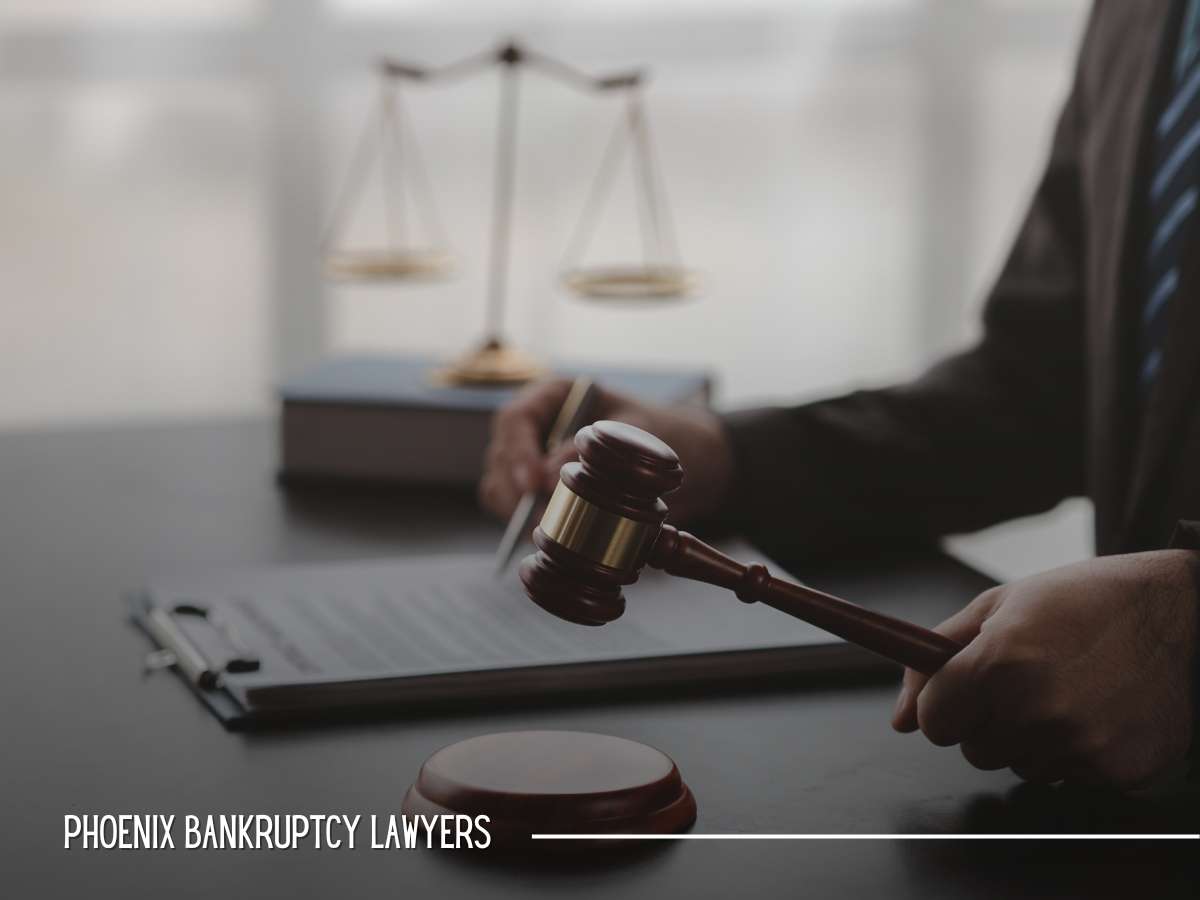

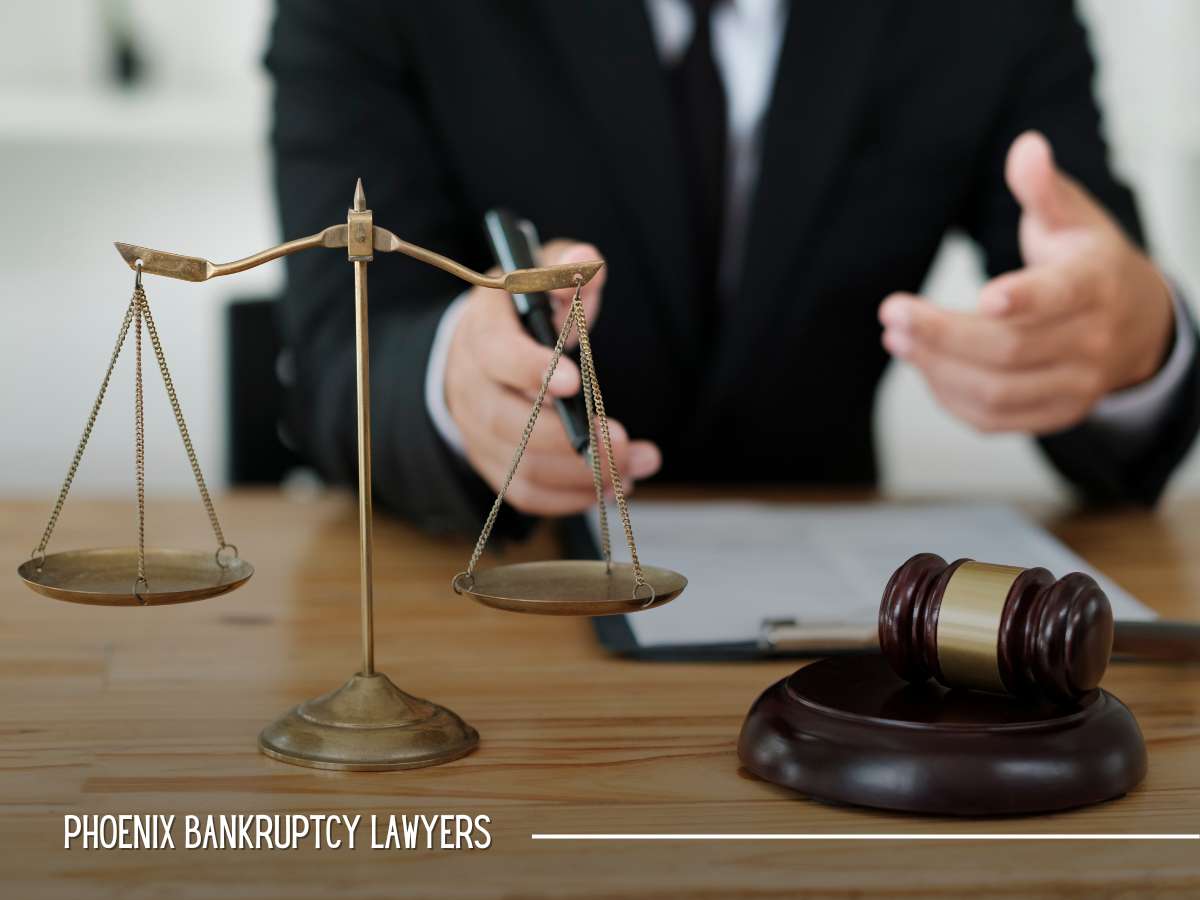

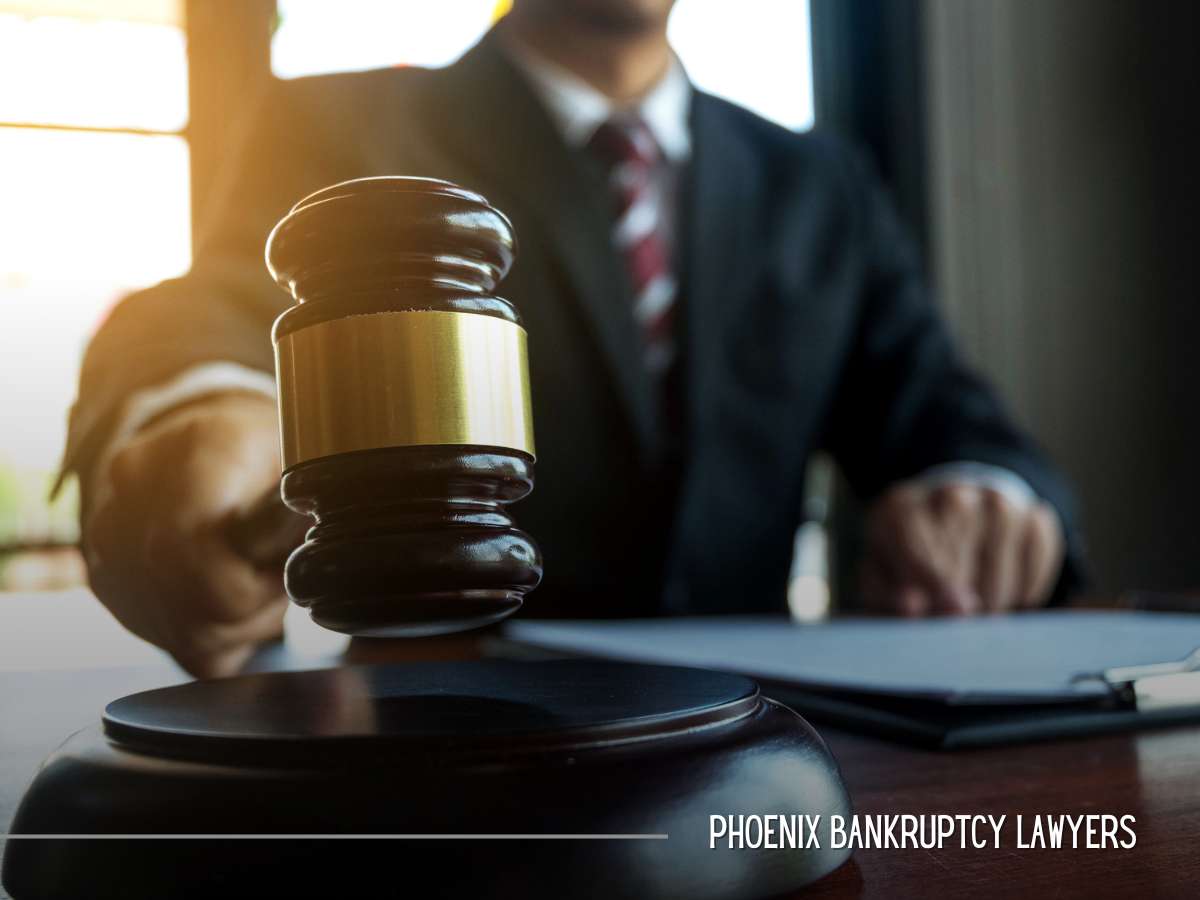
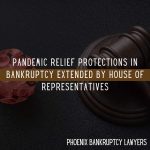
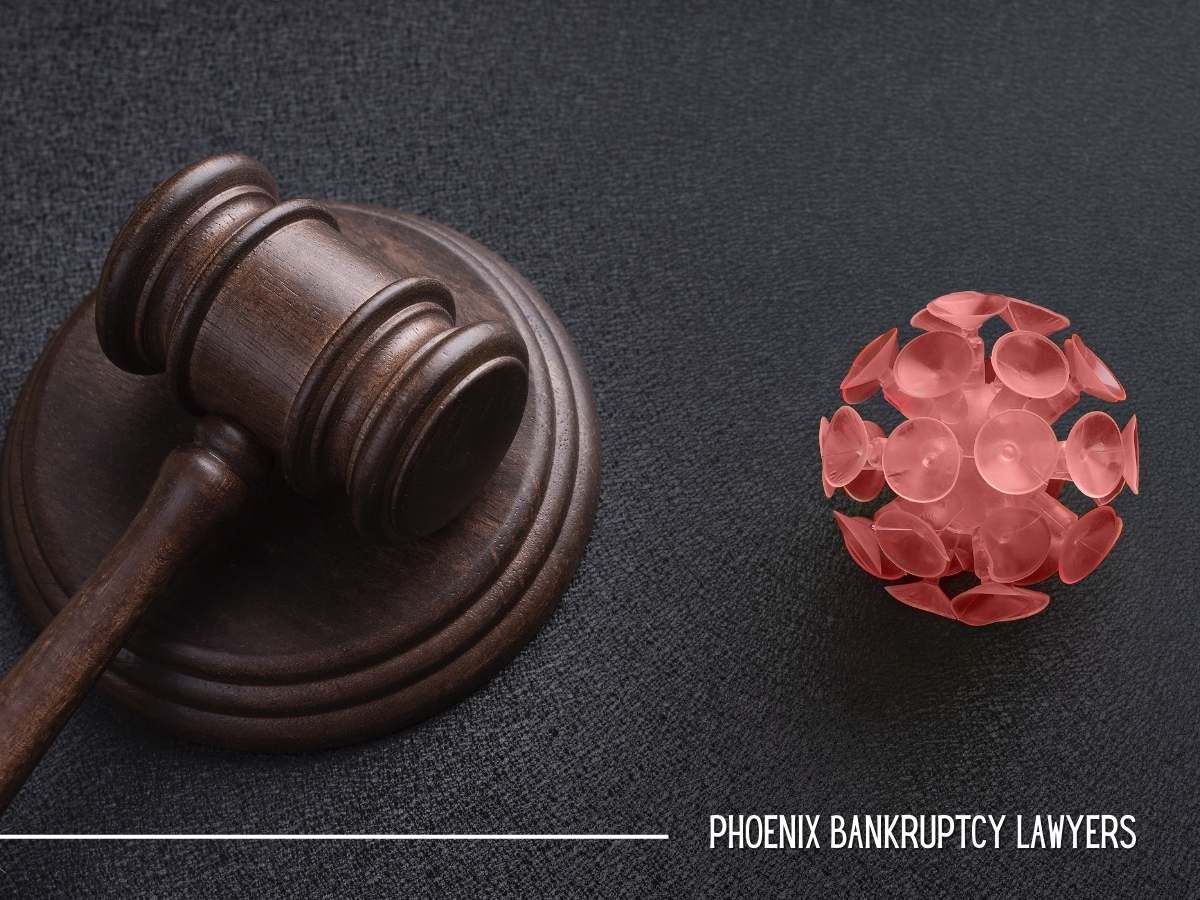
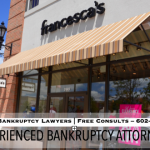
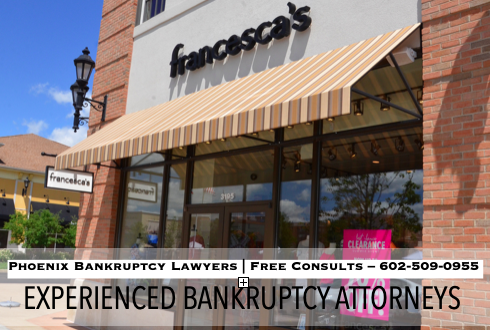
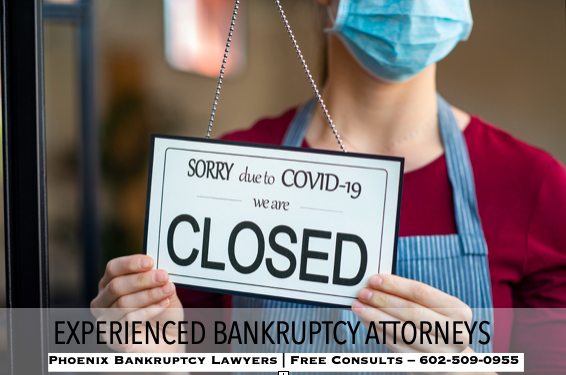

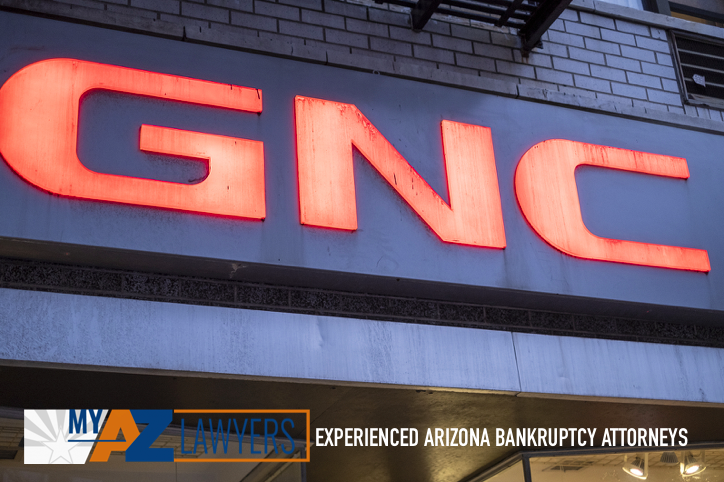 As the coronavirus pandemic continues to wreak havoc on the global economy, more and more companies are filing for bankruptcy. This year has already seen retail giants like Neiman Marcus, JC Penney, J Crew, and True Religion file for Chapter 11 Bankruptcy. Huge fitness companies like Gold’s Gym and 24 Hour Fitness have also filed for bankruptcy protection amid the Coronavirus Pandemic. The latest big chain to file for Chapter 11 bankruptcy protection is GNC. The retail chain, which specializes in vitamins and dietary supplements, filed its bankruptcy petition June 23, 2020.
As the coronavirus pandemic continues to wreak havoc on the global economy, more and more companies are filing for bankruptcy. This year has already seen retail giants like Neiman Marcus, JC Penney, J Crew, and True Religion file for Chapter 11 Bankruptcy. Huge fitness companies like Gold’s Gym and 24 Hour Fitness have also filed for bankruptcy protection amid the Coronavirus Pandemic. The latest big chain to file for Chapter 11 bankruptcy protection is GNC. The retail chain, which specializes in vitamins and dietary supplements, filed its bankruptcy petition June 23, 2020. 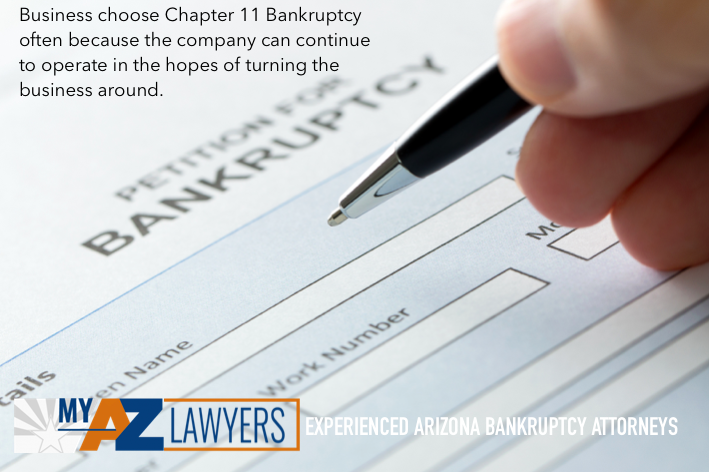 GNC intends to remain open during and after the
GNC intends to remain open during and after the